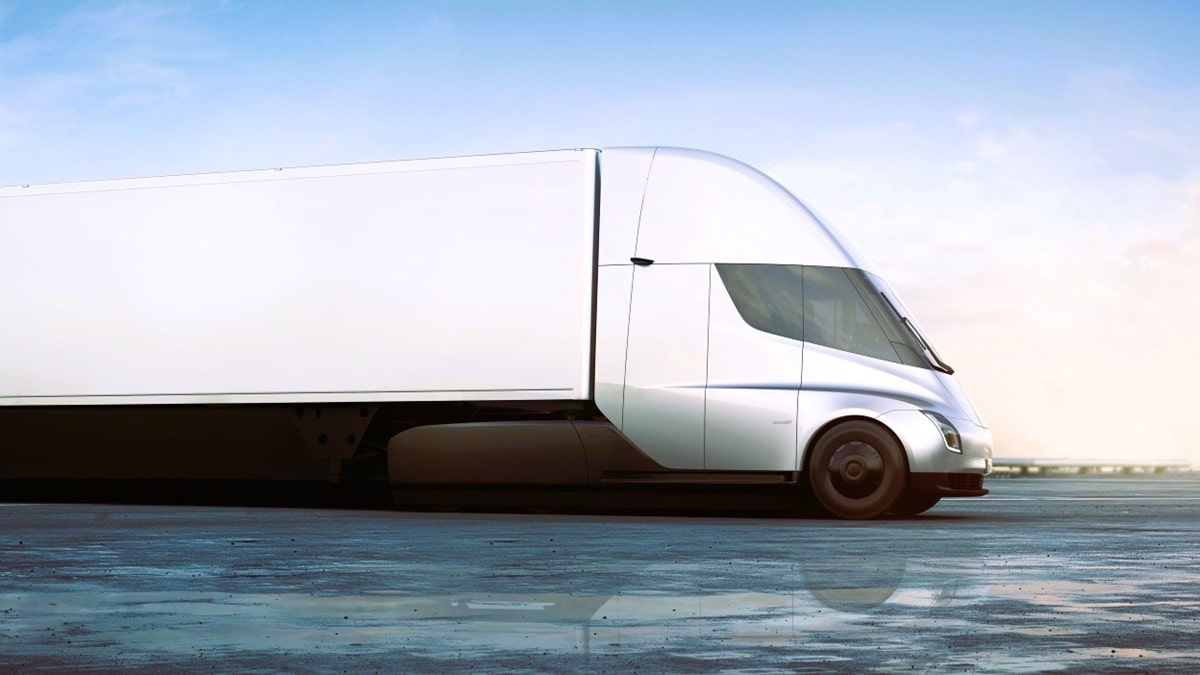The logistics industry plays a very important role in global trade and commerce, facilitating the movement of goods across vast distances. In recent years, the landscape of logistics industry has been undergoing a significant transformation with the increasing adoption of electric vehicles. This shift is driven by the urgent need to address environmental concerns, reduce carbon emissions, and embrace sustainable practices.
This is necessary because oil based fuel is not the reliable source due to multiple reasons like: west controls its supply by imposing sanctions, OPEC often do mischievous activities, and dynamic pricing, etc. Countries who do not have natural resources and reserves of oil have to rely on them and cope with their all demands. On top of everything, USA sanction these countries and expect others to follow their rules or get sanctions too. These are the reasons electric vehicles are gaining traction, and I too see a bright future here.

In this article, we will explore the multifaceted impact of electric vehicles on the logistics industry.
1. Environmental sustainability.
One of the primary motivations behind the integration of electric vehicles in logistics industry is the reduction of carbon footprint. Traditional diesel-powered trucks and vans are major contributors to air pollution and greenhouse gas emissions. Electric vehicles offer a cleaner and more sustainable alternative, emitting little to no pollutants during operation. As logistics companies transition to EV fleets, they contribute to global efforts to combat climate change and meet increasingly stringent environmental regulations.
2. Cost reduction in mid-long run.
While the initial investment in electric vehicles may be higher than that of traditional vehicles, the long-term cost savings associated with EVs are substantial. Electric vehicles have fewer moving parts, resulting in lower maintenance costs. Additionally, the cost of electricity for charging is generally lower than the price of diesel fuel. Over time, logistics companies can experience significant operational cost reductions, making EVs an economically viable option. But these benefits will be visible only after 2 years minimum.
3. Enhanced efficiency and performance.
Electric vehicles are known for their high torque and efficient energy conversion, leading to improved overall performance. Electric trucks and vans offer smooth acceleration and deceleration, reducing wear and tear on components and increasing overall vehicle lifespan. These efficiency gains translate to faster and more reliable deliveries, positively impacting the logistics industry’s efficiency and customer satisfaction.
4. Infrastructure development.
The widespread adoption of electric vehicles in the logistics sector necessitates the development of a robust charging infrastructure. As a result, we are witnessing a surge in investments and collaborations to build a network of charging stations across key transportation routes.
This infrastructure not only supports the logistics industry but also serves as a catalyst for the broader adoption of electric vehicles in various sectors including consumer segment.
5. Technological advancements.
The integration of electric vehicles into the logistics industry has spurred technological advancements in vehicle design and management systems. Electric trucks are often equipped with advanced telematics, route optimization, and real-time monitoring capabilities. These technologies enhance fleet management, reduce delivery times, and improve overall operational efficiency.
Summary.
The adoption of electric vehicles in the logistics industry represents a transformative shift towards a more sustainable and efficient future. With benefits ranging from environmental conservation and cost savings to enhanced performance and technological innovations, the logistics sector is poised to play a crucial role in the broader transition to a cleaner and greener transportation ecosystem.
As the momentum towards electric vehicles continues to grow, logistics companies that embrace this change stand to gain not only in terms of operational efficiency, but also in contributing to a more sustainable and environmentally friendly global supply chain.
Leave a Reply